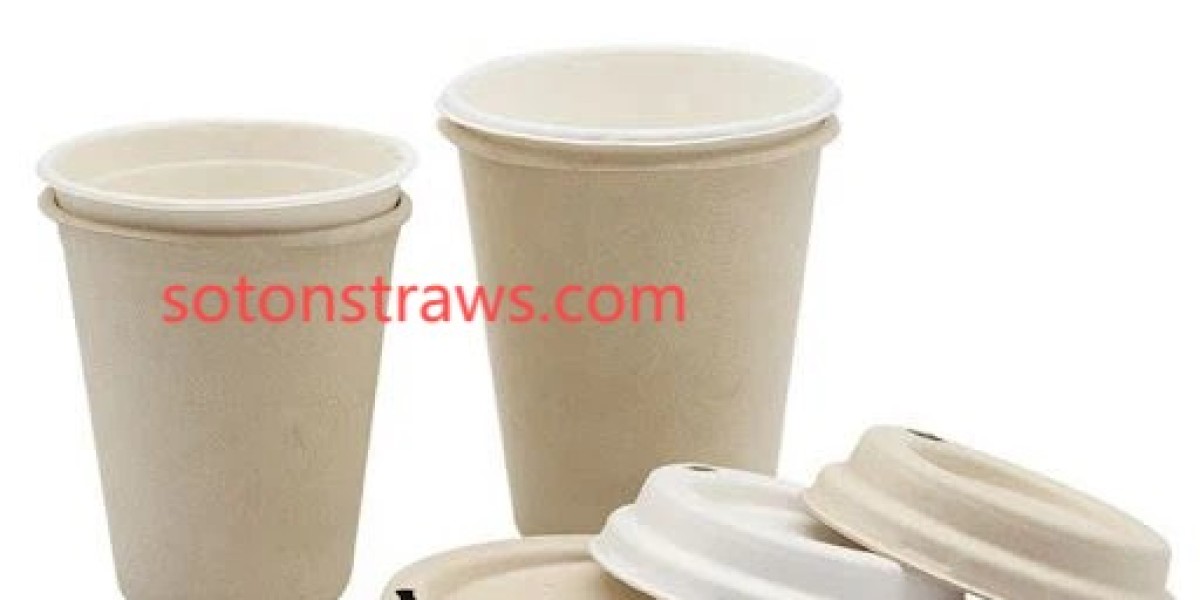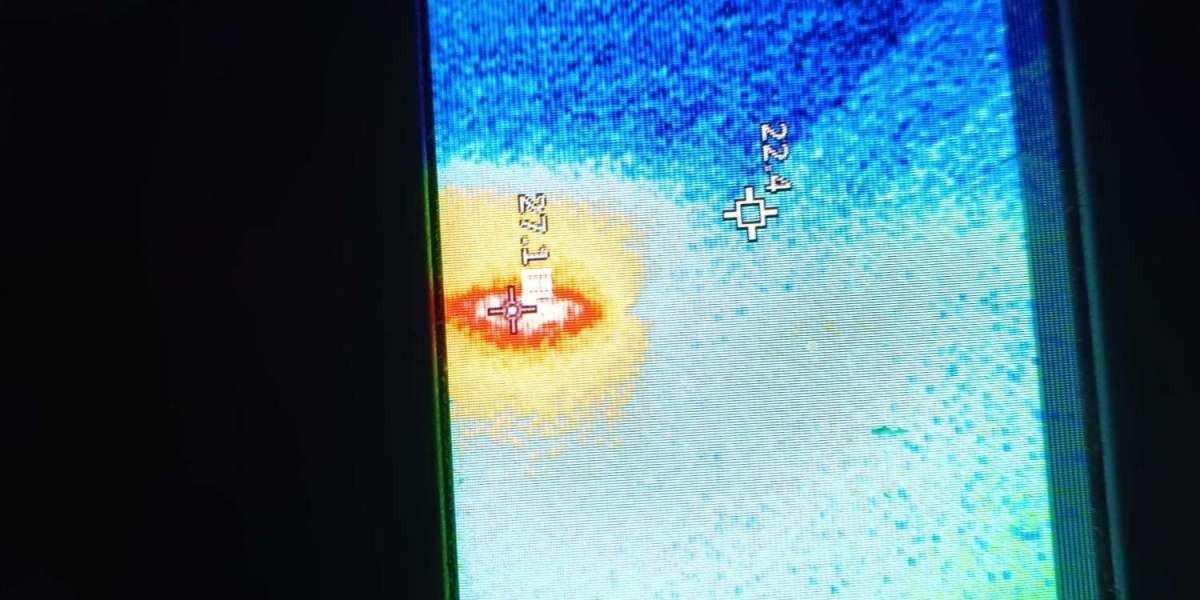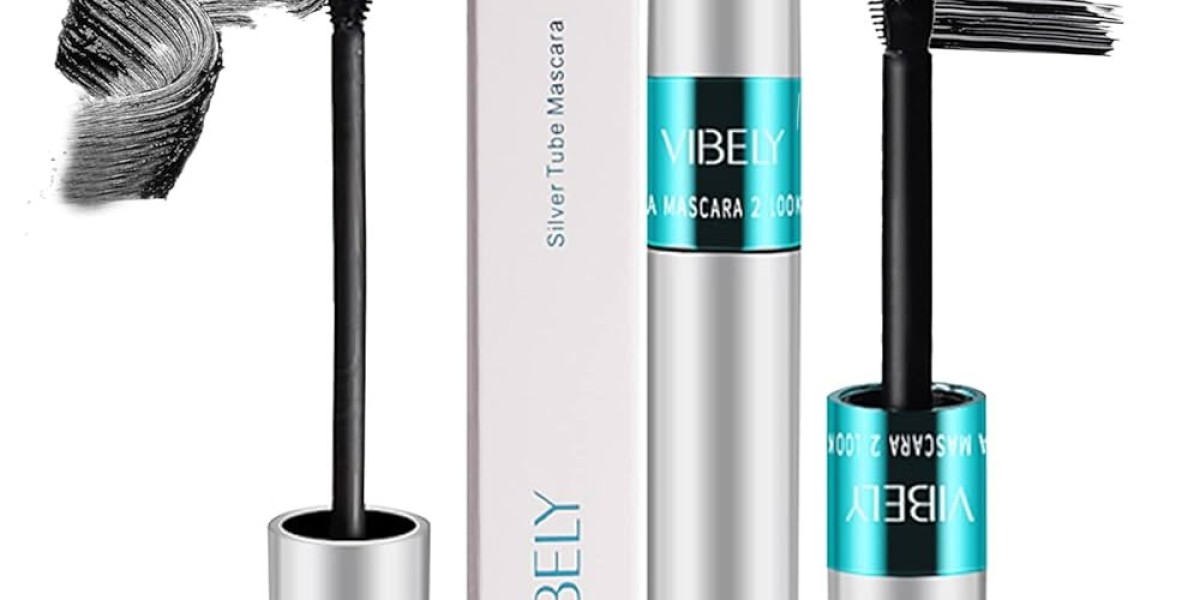The quest for truly sustainable beverage containers reveals fascinating material science frontiers. Traditional Disposable Paper Cups rely on petroleum-based barriers to prevent leakage, creating an environmental paradox: products made from renewable trees become permanent pollutants due to synthetic additives. This contradiction fuels research into botanical alternatives that perform identically without ecological debt.
Innovators now harness natural polymers from unexpected sources. Cactus mucilage forms water-resistant films at microscopic thicknesses. Mushroom mycelium develops structural layers mimicking plastic's barrier properties. Bamboo fibers provide inherent strength without bleaching chemicals. These biomaterials transform disposable vessels from waste generators to nutrient cyclers, designed to nourish soil rather than poison ecosystems. The breakthrough lies not just in substitution, but in reimagining functionality through nature's chemistry.
Performance standards remain non-negotiable for beverage service. Containers must withstand boiling temperatures without warping, maintain structural integrity when gripped, and prevent condensation soak-through. Modern Disposable Paper Cups achieve these benchmarks through engineered fiber density and plant-based hydrophobic coatings that outperform conventional plastics in decomposition metrics while matching functional requirements.
Soton pioneers next-generation biomaterials. Our Disposable Paper Cups utilize cellulose nano-crystals for liquid resistance and agricultural waste fibers for structural integrity. Backed by industrial composting certification, we deliver uncompromised performance with complete circularity.click https://www.sotonstraws.com/product/biodegradable-straws/st101-paper-straws/ to reading more information.







